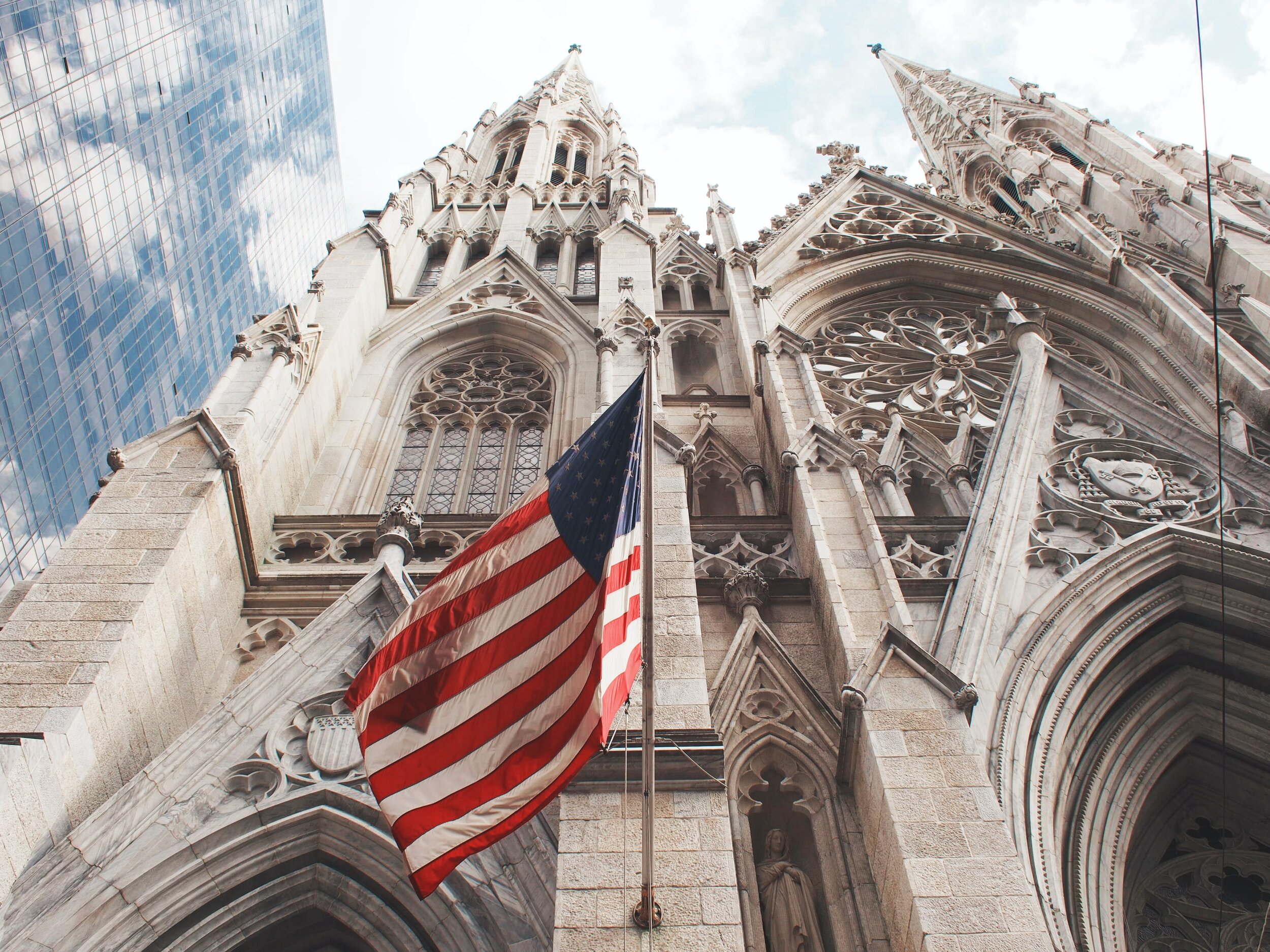Discourses on Religion in the US and Their Complex Influences in Japan and Korea
by John Grisafi
There has never been a true consensus that the United States is a Judeo-Christian nation, yet neither has there ever been a consensus that the United States is not a Judeo-Christian nation. Whether or not the United States has been historically, is presently, or should be now and in the future a Judeo-Christian nation, along with what precisely “Judeo-Christian” means in that regard, has been debated throughout the twentieth century and into the twenty-first. This discourse has likewise included debates over whether America is a “secular” nation, with disagreements over this label often being rooted in differing opinions of what a “secular nation” is. K. Healan Gaston’s Imagining Judeo-Christian America: Religion, Secularism, and the Redefinition of Democracy describes precisely this discursive history. These are debates not only over the religious and cultural identity of the US and its citizens, but likewise on the question of what, if any, religious tradition is the root of American moral and political ideals. But further than that, it is a question of what religious or philosophical tradition may be a basis globally for what Americans regard as universal moral and political values.
Imagining Judeo-Christian America demonstrates that “Judeo-Christian” neither has a fixed meaning, nor is the discourse simply one of Christians and Jews promoting their own views in contrast to those of other religions (or those professing no religion at all). Rather, it is a complex and dynamic discourse that has continually influenced the way Americans conceive of religion. Though not often explicitly stated as such, I find in Gaston’s book reminders that the demographic and cultural predominance of Christianity in the United States, along with the persistence of the Judeo-Christian discourse, appears to strongly influence how even those who argue against it or are avowedly not religious tend to understand religion. The terms “non-religious” and “atheist” are often used interchangeably, which seemingly either ignores religious beliefs that are not about gods, or relegates them to some other category entirely. Furthermore, arguments purporting to prove the correctness of atheism, in the American context, almost invariably presuppose the monotheistic definition of God found in the Abrahamic traditions. Again, the popular discourse so often seems to ignore conceptions found outside of the Abrahamic religions.
The ongoing Judeo-Christian discourse in the United States, and the influence it and Christianity in general have had on American conceptions of religion, helps me to consider what traditions and discourses have had comparable roles in Korean history, my primary area of research. Commentators on Korea frequently apply the descriptor “Confucian” when discussing just about anything pertaining to the country's culture, social norms, economy, and politics. Much like the notion of Judeo-Christianity in the United States, Confucianism is often taken for granted as being nearly synonymous with Korean culture and an explanation for why people in Korea do things the way they do. Also, like Judeo-Christianity in the US, though, the accuracy of these claims is frequently debated and sometimes rejected outright. Other traditions have had strong influences on Korean religious culture, particularly Christianity and Buddhism. These two largest religions in present-day South Korea, neither being a majority, undoubtedly shape popular conceptions of what “religion” is and should be. Neither enjoys the same status that Christianity does in the US, however.
The ways in which different religious traditions have influenced discourses on religion and society in turn shapes conceptions of religion and its relation to nation and society. In Korea and other nations, this process is connected to America’s Judeo-Christian discourse not solely through comparison and parallel, but through imperial and colonial interactions as well.
Strongly implicit in the debate over the United States’ religious identity, and the relationship of the nation and its government to religion, is the question of whether any such position can be regarded as truly neutral or equitable. Judeo-Christian exceptionalists disagreed with advocates of pluralism and strict church-state separation in the US during and immediately after World War II on both the necessity of religion—especially Christianity—for democracy as well as on the “proper” relationship between Christianity and a free and democratic nation-state. Americans may have disagreed about the validity and meaning of the Judeo-Christian label, but they nonetheless collectively influenced religion abroad by spreading American ideas about it. And, when we look at their attitudes toward religion in other countries, particularly in East Asia, we still can see differences, but we can also identify the points on which they agree. Namely, they agreed that American cultural values and norms were conducive to if not necessary for democracy, whether or not they saw them as necessarily Judeo-Christian.
This is strongly evident in Jolyon Thomas’s Faking Liberties: Religious Freedom in American-Occupied Japan. Before and during World War II, much of the discourse in the US concerning the Japanese Empire condemned that nation, in part, for stifling religious freedom and for deifying the Japanese emperor and nation. These are precisely some of the criticisms that American advocates of Judeo-Christianity leveled against secularism in the mid-twentieth century; that it would lead to the deification of people and the state. When the US military governments occupied Japan and southern Korea following World War II, they sought to implement what many of them saw as “universal” norms regarding religion and religious freedom. However, as Thomas demonstrates, the idea that American norms were “universal” developed in conjunction with the perceived need for Americans to dictate that how another nation had conceived of and practiced religious freedom and religion-state relations was incorrect. Americans were seemingly deceiving themselves, though, as scrutiny of this history reveals that Americans hardly agreed on what precisely religion and religious freedom meant. Such prominent figures as Douglas MacArthur, who commanded the Occupation, openly promoted Christianization as a necessity for democratization, extending to East Asia a key aspect of American Judeo-Christian discourse. Other officials pushed back, with limited success. William K. Bunce called for a policy of “benevolent neutrality” toward religion in Korea. As in the United States, though, Americans in Japan and Korea showed no singular consensus. They made different judgements in Japan and Korea on what counted as religion and what relationship the Occupation should have with Christian churches and missionaries.
The United States has for decades touted itself as a “beacon of hope” for the rest of the world in terms of democracy and religious freedom, and claims about the nation’s Judeo-Christian identity (or lack thereof) have been key to this discourse. But if Americans cannot agree with one another on these issues, then it is likewise improbable they can identify what constitutes an allegedly universal norm and serve as a consistent example for other nations. Nonetheless, the US has had influence on much of the world, as its representatives continue to promote visions of religious freedom and tolerance globally. For this reason, any claim of American promotion of religious freedom and equality abroad cannot be taken for granted but must be examined for all its complexities.
John G. Grisafi is a PhD student in the Department of Religious Studies at Yale University, working in the fields of Asian Religions and Religion & Modernity. His research focuses on the history and politics of religion, secularism, and modernity, primarily in modern Korea and with particular interests in discursive constructions of religion/non-religion, social relations of established and marginal religions, and religious freedom. John received a BA in East Asian Languages & Civilizations and World History, and an MA in East Asian Languages & Civilizations (concentration in Korean Studies) from the University of Pennsylvania.

